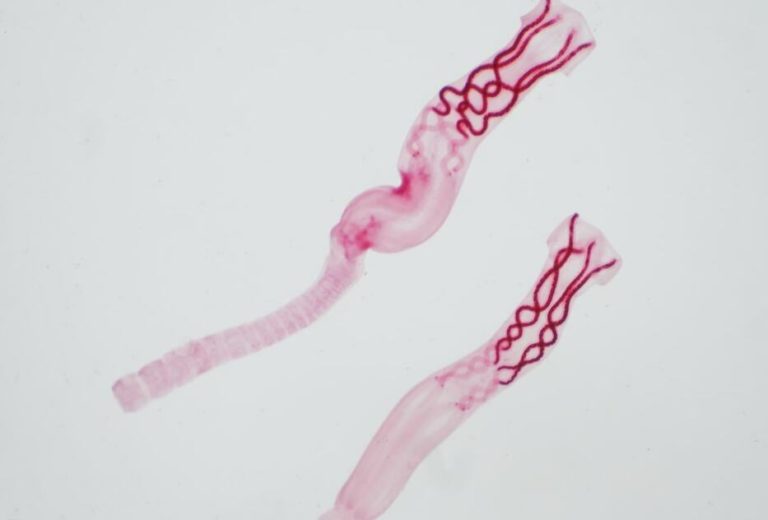The idea that parasitic diseases and intestinal parasites are rare and hard to get is a myth. These tiny hitchhikers are more common than you might think and don’t just affect your gut.
Having trouble with your stomach is a common sign of having a parasite, but that’s just the tip of the iceberg. These invaders can hurt your brain, liver, and other body parts. Some of them could lead to problems that last for years. Parasites can cause inflammation, weaken the immune system, and even set off autoimmune reactions.
The Centers for Disease Control show that more than 60 million Americans are infected with parasites, but most don’t know it. If you think you might have parasites or if a parasite test shows that you do, it’s essential to use a natural paracleanse kit every day.
What Causes Parasite Infections?
Three organisms can cause parasitic infections: protozoa, helminths, and ectoparasites.
Protozoa are organisms with only one cell that can live and grow inside your body. Giardiasis is an infection caused by protozoa. If you drink water that has Giardia protozoa in it, you can get this severe infection.
Helminths are organisms with more than one cell that can live in or on your body. People more often call them “worms.” They include roundworms, flatworms, tapeworms, and worms with thorny heads.
Ectoparasites comprise more than one cell and live on or eat your skin. Some insects and spiders, like mosquitoes, fleas, ticks, and mites, are among them.
There are many ways that parasitic infections can spread. For example, protozoa and helminths can spread through contaminated water, food, waste, soil, and blood. Some of them can be spread by having sexual contact. Some parasites are spread by insects, called vectors because they carry the disease. Malaria, for example, is caused by parasitic protozoa that are spread when mosquitoes feed on people.
Signs of Parasites
Parasites can cause many symptoms, some of which look like other infectious diseases. Whether a helminth or a protozoan is to blame, the most obvious signs of a parasite are:
Gastrointestinal distress: Discomfort in the stomach and intestines. Since parasites live in the intestines, this is where the most damage happens. Parasites often cause diarrhea, constipation, gas, bloating, and sickness.
Weight loss: Parasites can make you feel sick and make it hard for your body to absorb nutrients. This can cause you to lose weight.
Chronic fatigue syndrome: It is caused by parasites that steal your nutrients and mess up the bacteria in your gut, leaving you tired and with a foggy mind.
Anemia: Some parasites eat red blood cells, which can lead to this condition.
Pain in the joints: There is a link between parasite infections and arthritis, which causes pain and swelling in the joints.
Bruxism:Children are the most common people who have bruxism, which is when they clench and grind their teeth.
Fever: Fever can be caused by several different parasites. This is usually a sign of a new infection, but it can also be a sign of a long-term infection that hasn’t been treated.
Some inflammatory and autoimmune diseases can also be caused by parasites in the gut. In fact, many autoimmune diseases are caused by parasites, bacteria, viruses, or fungi, which are all infectious agents.
Most of the time, the signs of parasite infection are not obvious. But they can cause many side effects, like bloating, constipation, gas, and other digestive problems. Also, it’s not always easy to distinguish between parasitic and bacterial infections. So, anyone with these problems should buy a natural paracleanse kit as soon as possible.
How Can Infections Cause By Parasites Be Stopped?
There are a few things you can do to lower your chances of getting an infection from a parasite:
- Use a condom to have safe sex.
- You should wash your hands often, especially after touching raw food or feces.
- Cook food to the temperature it says it should be.
- When you’re traveling, you can get clean water in bottles.
- Don’t drink water from streams, lakes, or ponds.
- If you’re pregnant, stay away from cat litter and poop.
Final Words
Parasites aren’t diseases, but they can spread diseases that can kill. But many parasitic infections can be treated and stopped.
A person should talk to their doctor if they have signs of a parasitic infection.
